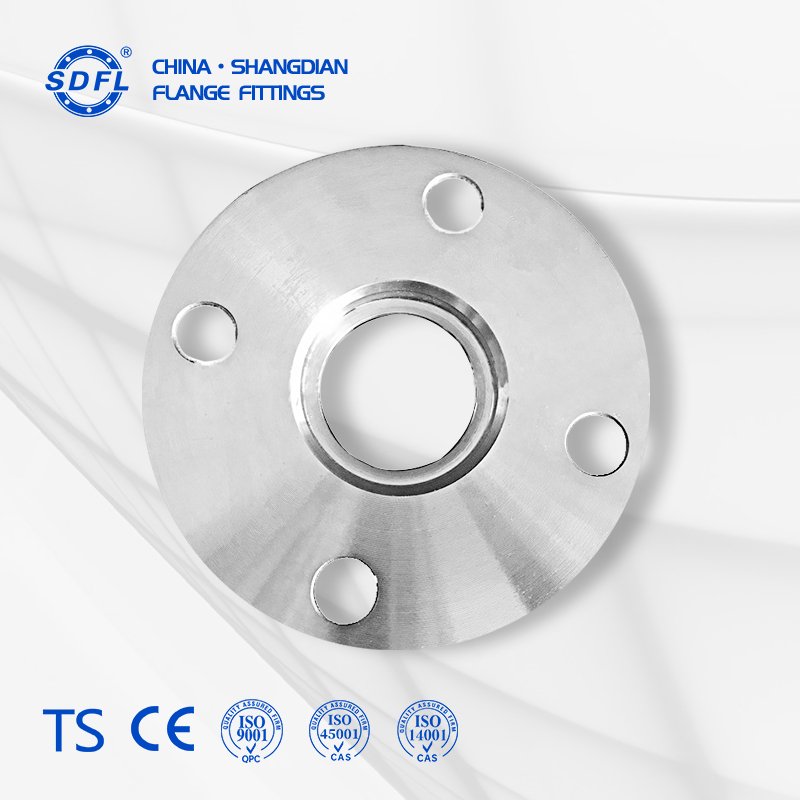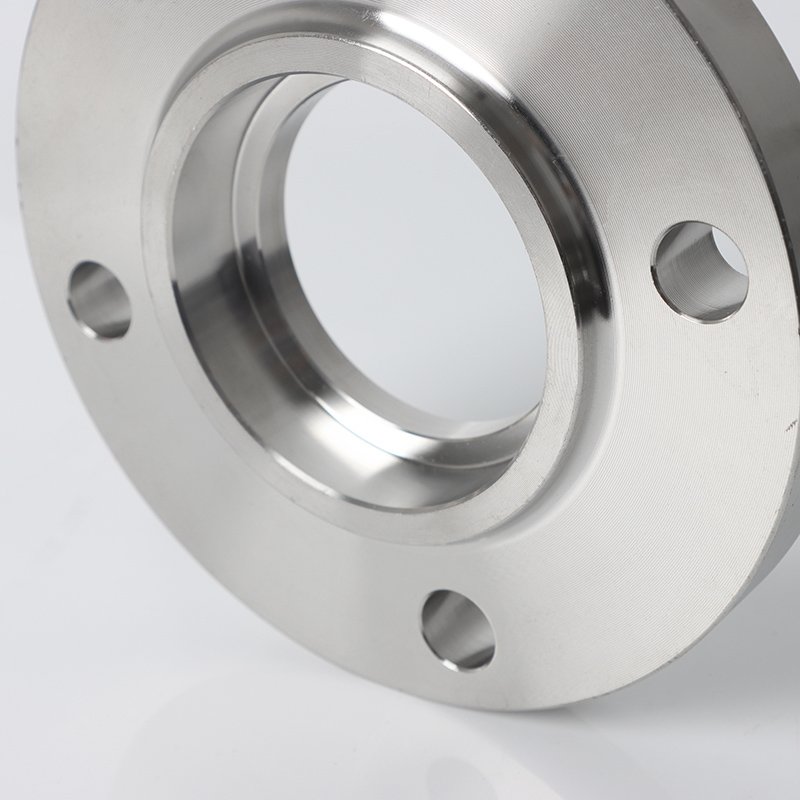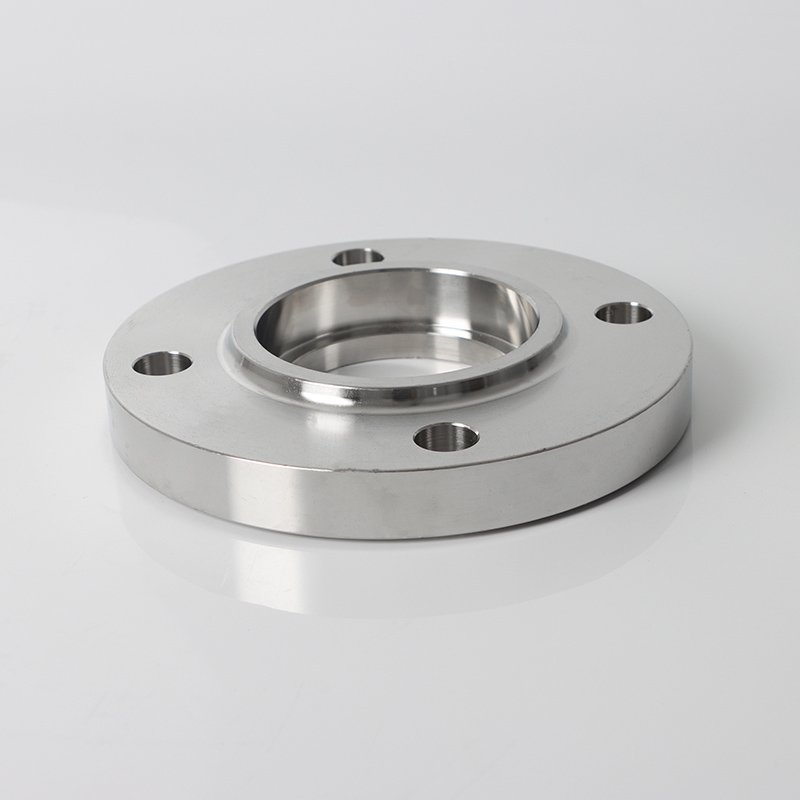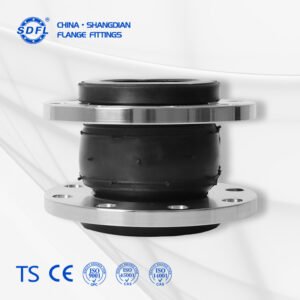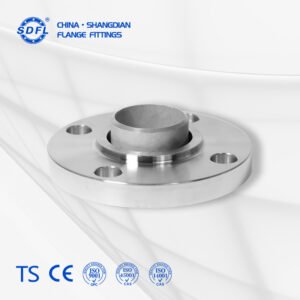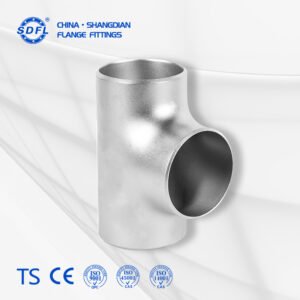International Standards:
- ASME B16.5(U.S. Standard):Class 150, 300, 600
- EN 1092-1(European Standard): PN6 to PN25.
- JIS B2032(Japanese Industrial Standard):5K to 16K
- GOST 12820-82(Russian/CIS Standard): 0.1 MPa to 1.0 MPa
- SABS 1123(South African Standard): PN6 to PN16.
- DIN 3202 : PN6 to PN25.
- BS 4504(British Standard): PN6 to PN16.
Pros:
- Compact and Lightweight: Ideal for large-diameter pipelines where weight reduction is critical.
- Easy Installation: Flanges simplify alignment and bolting compared to wafer-type valves.
- Cost-Effective: Lower material and installation costs vs. gate or globe valves.
- Bi-Directional Sealing: Suitable for flow in both directions (depending on disc design).
- Wide Application: Used in water treatment, HVAC, and low-pressure chemical systems.
Cons:
- Limited Pressure Tolerance: Generally restricted to PN25/Class 300 or below.
- Sealing Challenges: Prone to leaks under high pressure or thermal cycling.
- Disc Obstruction: The disc reduces flow efficiency and may trap particles in viscous media.
- Material Limitations: Soft-seat materials (e.g., EPDM) degrade at high temperatures (>120°C).
- Not for Slurries: Solid particles can erode the disc or seat over time.
Description
A Butterfly Valve Flange refers to the flange portion integrated with a butterfly valve or the companion flanges used to connect a butterfly valve to a piping system. A butterfly valve controls flow using a rotating disc (the “butterfly”), and its flanges ensure a secure, leak-proof connection. These flanges are typically designed to match the valve’s pressure and temperature ratings.
